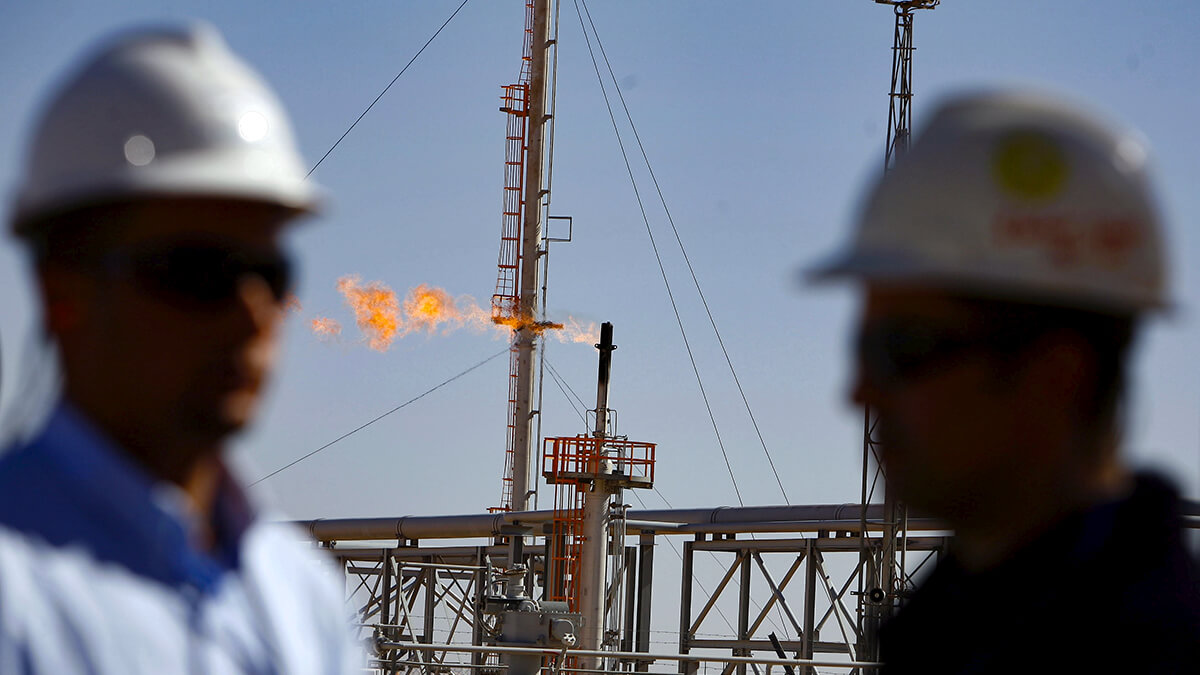
Algeria’s recent signing of major oil and gas contracts has sparked debate over the country’s continued reliance on hydrocarbon revenues.
According to the Washington-based Energy Platform, the agreements, concluded in July, reflect more the consolidation of Algeria’s dependence on energy exports than a shift toward economic diversification.
The five contracts, signed on 21 July under the “Algeria Bid Round 2024,” cover exploration rights for five blocks in southern Algeria. These areas are estimated to contain nearly 700 billion cubic metres of natural gas and 560 million barrels of crude oil.
The deals, representing a minimum investment of €552 million, involve eight international energy companies, including ENI (Italy), TotalEnergies (France), Sinopec (China), Qatar Energy, and Equinor (Norway).
Yet, most blocks received only a single bidder, raising questions about the depth of international competition and the attractiveness of Algeria’s oil sector.
The new hydrocarbons law has eased conditions for foreign investment, facilitating participation but also exposing Algeria further to fluctuations in global energy markets.
Despite diplomatic promotion at the 9th OPEC Forum in Vienna, where Sonatrach engaged with Chevron, BP, and Cepsa, the deals continue to prioritise raw exports rather than local refining, technological upgrading, or industrial expansion.
ENI has committed to investing €8 billion by 2029, a pledge that underscores the scale of international interest. However, analysts argue that without a clear strategy to reduce structural reliance on oil and gas, these revenues risk sustaining a rent-dependent budgetary model rather than fostering sustainable economic growth.
“The new contracts demonstrate Algeria’s capacity to attract global energy players, but they do little to address the country’s long-term vulnerabilities,” the Energy Platform noted.
As Algeria seeks to balance foreign investment with national development goals, questions remain about whether the focus on hydrocarbons will hinder broader industrialisation and economic diversification. The challenge lies in turning substantial revenues into lasting structural change rather than perpetuating dependence on volatile commodity markets.



